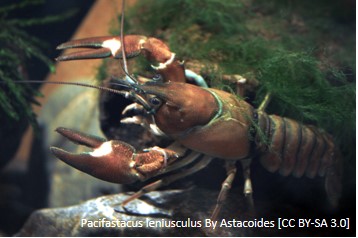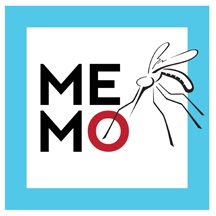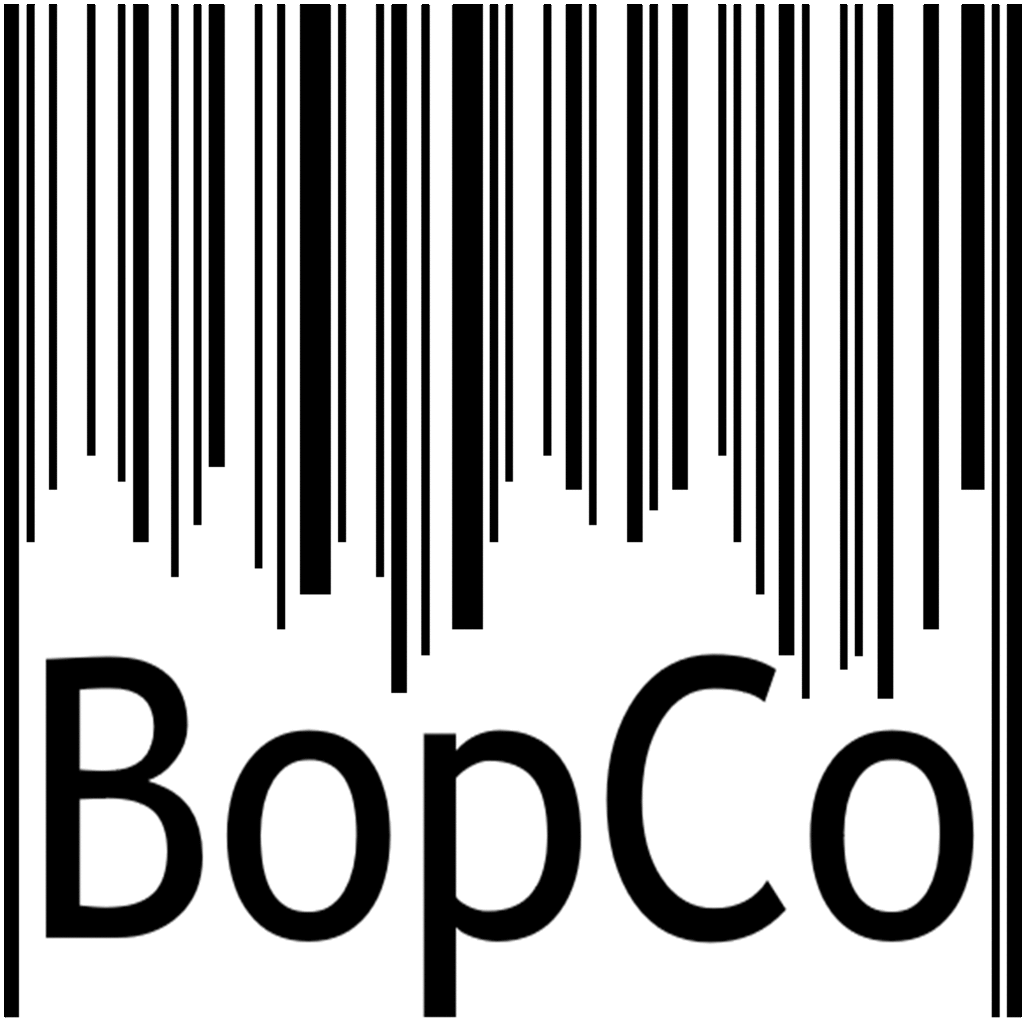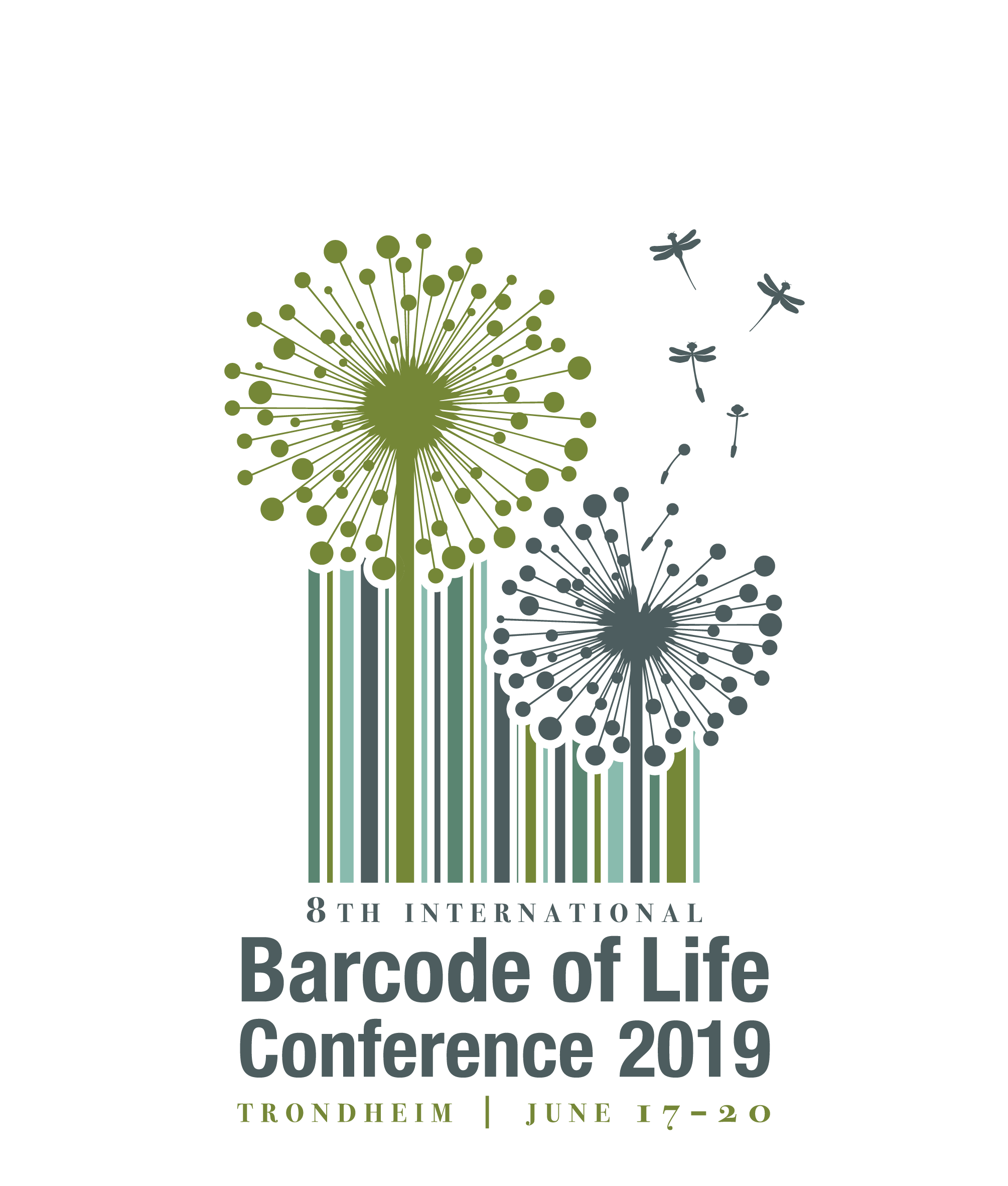BopCo factsheets on the applicability of DNA-based methods for the identification of IAS
 BopCo has prepared a series of factsheets concerning the applicability of DNA-based methods for the identification of the invasive alien species (IAS) of Union concern. These factsheets (one per IAS) can be freely consulted and downloaded from the BopCo website.
BopCo has prepared a series of factsheets concerning the applicability of DNA-based methods for the identification of the invasive alien species (IAS) of Union concern. These factsheets (one per IAS) can be freely consulted and downloaded from the BopCo website.

 Mosquito-borne diseases emerging or re-emerging in Europe are a serious cause of concern to human health.
Mosquito-borne diseases emerging or re-emerging in Europe are a serious cause of concern to human health.
 Tiger mosquitoes were spotted in our country this year again. The species was located in three motorway parking areas in both Wallonia and Flanders. This supports an earlier indication that the mosquito was travelling to Belgium with motor vehicle traffic from countries where the species is common.
Tiger mosquitoes were spotted in our country this year again. The species was located in three motorway parking areas in both Wallonia and Flanders. This supports an earlier indication that the mosquito was travelling to Belgium with motor vehicle traffic from countries where the species is common.
